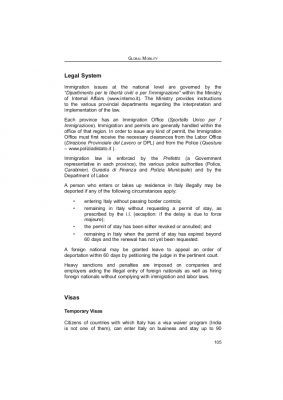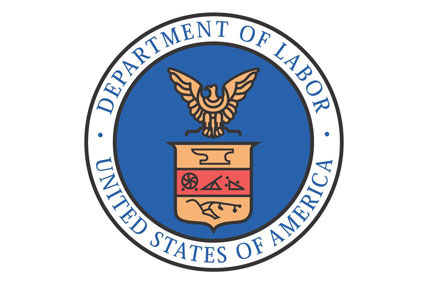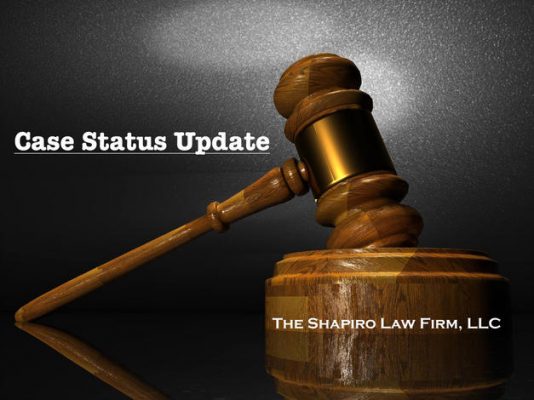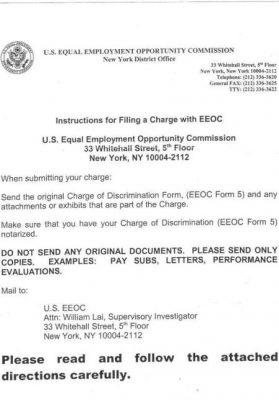The laws on unfair dismissal can be complicated and difficult to navigate. The purpose of this article is to provide some information to help the readers navigate this often complicated system.
No Double Applications When an employee is terminated, they have the right to lodge many different types of applications, including an unfair dismissal application, general protections application, and even a discrimination application in the Human Rights Commission. Sections 725 and 734 of the Fair Work Act 2009 specify that an employee can only make one such application if they are dismissed.
If an employee makes two applications, then only one will be permitted to remain active and the others will be dismissed because it contravenes this rule. The policy consideration behind this rule is to minimise the number of claims that the Commission and the courts hear regarding issues involving termination of employment. This rule forces an employee to make a decision on which application they are to commence.
Sometimes this decision is difficult, because an employee may, for example, have the right to file both an unfair dismissal claim anda general protections claim. Cost Orders The unfair dismissal laws specify that, generally, a party to an unfair dismissal application will have to carry their own legal costs. In most instances, this will be the case. However, there are some exceptions to this general rule which anyone commencing such an application should be aware of. The Fair Work Act 2009 is the primary legislation which governs the law on unfair dismissal. Sections 400A and 611 of the Act sets out the circumstances in which legal costs can be ordered to be paid by one of the parties to the proceedings.
These sectionsspecify that the Commission can order a party to pay the costs incurred by the other party if such costs arose because of an “unreasonable act or omission” in connection with the unfair dismissal application. What counts as an unreasonable act may include things such as rejecting a reasonable settlement offer in circumstances where the offer is close to or equal to what a party may obtain if they are successful at trial. In unfair dismissal claims, an employee is entitled to a maximum of six months’ wages or salary, or 50% of the annual high-income threshold, less allowable deductions such as payments made in lieu of notice to the employee.
For example, if the employee is offered six months’ salary less the four weeks’ notice which was paid to the employee in lieu upon termination, this would represent a very generous offer. This would represent the maximum the employee would be entitled to if the employee were successful at the hearing.
Therefore, if the employee rejects such an offer, it is likely that the employee would need to pay the employer’s legal costs because a rejection of this offer would clearly fall within the meaning of unreasonable act as specified in the legislation. Alternatively, if an employee has lodges claim that would be unlikely to succeed at trial and the employee rejects a reasonable offer made by the employer, then if it can be shown that the employee’s case had no reasonable prospect of success at the time that the offer was rejected, then that would also amount to an unreasonable act which will entitle the employer to obtain legal costs if the matter proceeded to hearing.
Costs can also be obtained against a party if they commence legal proceedings which have no basis and are doomed to fail. The decision on whether or not a case has no reasonable prospect of success must be determined objectively at the time of filing the proceedings. The law specifies that such a conclusion should only be reached with extreme caution. Reaching such a finding is generally difficult in practice.
A common example where such a finding would be made would be if the employee and the employer reached a settlement agreement under which the employee agreed to release the employer from all claims, including the unfair dismissal claim. If the employee continues with the unfair dismissal claim, then the employee would be running a case that has no reasonable prospect of success (because of the settlement agreement). In this situation, the employee is at risk of having costs ordered against them. Nicholas Marouchak is a writer across several reputed industrial web posts. He writes for many online journals and portals that are related to Perth Employment Lawyers










